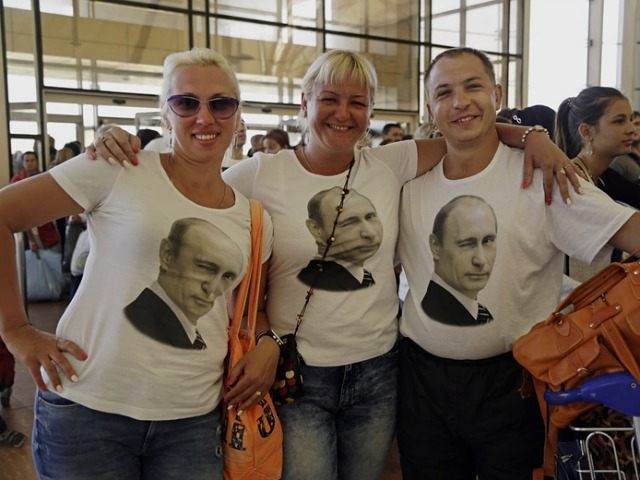TEL AVIV – Russian tourists visiting Israel have been asked to refrain from using slurs like “schmuck” and getting drunk, a new directive from the country’s foreign ministry states.
The consular department’s guidelines claims that Israelis are “sensitive” towards criticism directed at their country and to the use of offensive Yiddish and Arabic terms including “putz” (Yiddish for “fool”) and “sharmuta” (Arabic for “prostitute.”) Russian travelers have been instructed to refrain from using the Russian word “jid,” a derogatory term for Jews, since “it is unacceptable to any Jew, even if he does not understand Russian.”
Russian nationals have also been told not to drink in excess while in Israel and wander the streets while under the influence of alcohol. Tourists should also maintain a distance of half a meter from locals.
Russians should also not be taken aback when they overhear Russian swearwords spoken in Israel, even by non-Russian speakers, as they have become part of the vernacular since the beginning of the 20th century, the guidelines said.
The Russian Foreign Ministry’s mission is to encourage tourists to respect local customs at any given destination. While in Turkey, Russian tourists are warned against making a V gesture with their fingers since it is the symbol of Kurdish nationalism. While in Thailand they are told to avoid “petting Thais’ heads.” In Canada and France, they are advised against making jokes about homosexuals or other “man jokes.” And on visits to Kenya, the guidelines state that Russians should think twice before making comparisons between Kenyans and monkeys. In Spain, Russians should say “hello” to strangers in elevators and shops.
Alex Tenzer, a Russian communications expert, said he hoped Israel would follow suit and publish similar guidelines for Israeli tourists abroad.

COMMENTS
Please let us know if you're having issues with commenting.